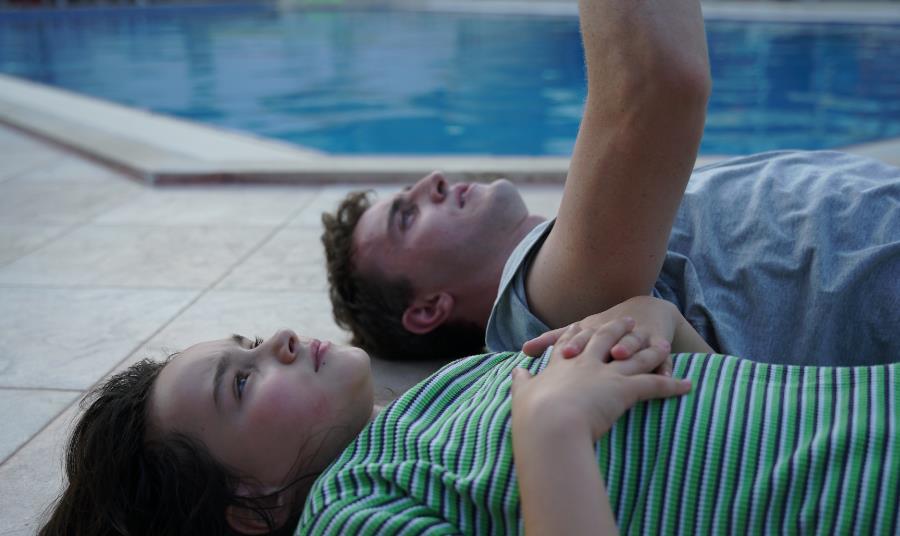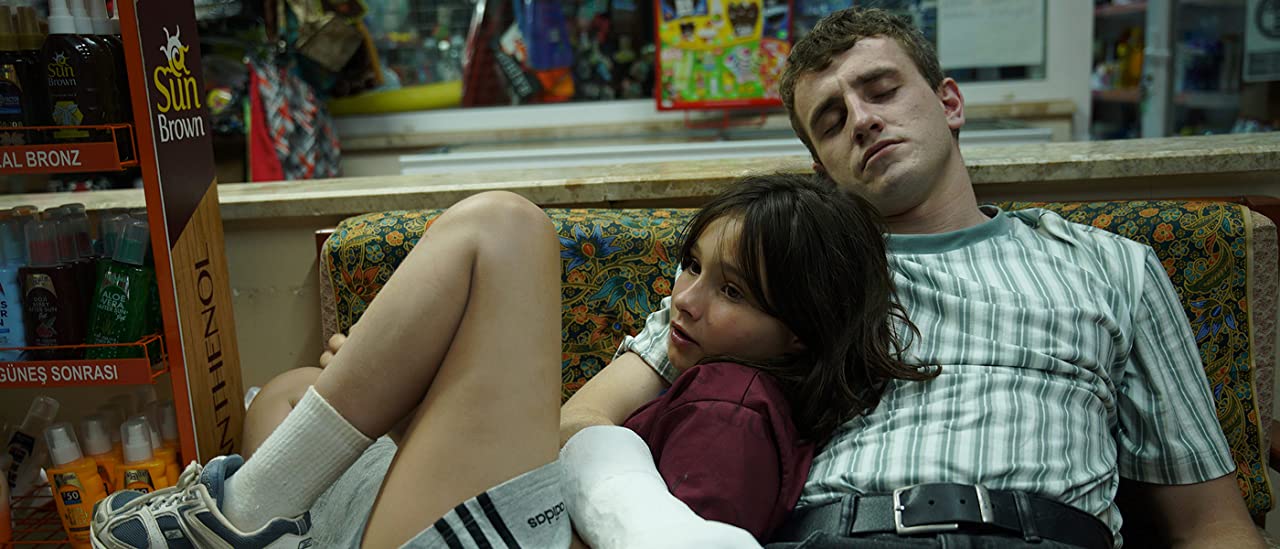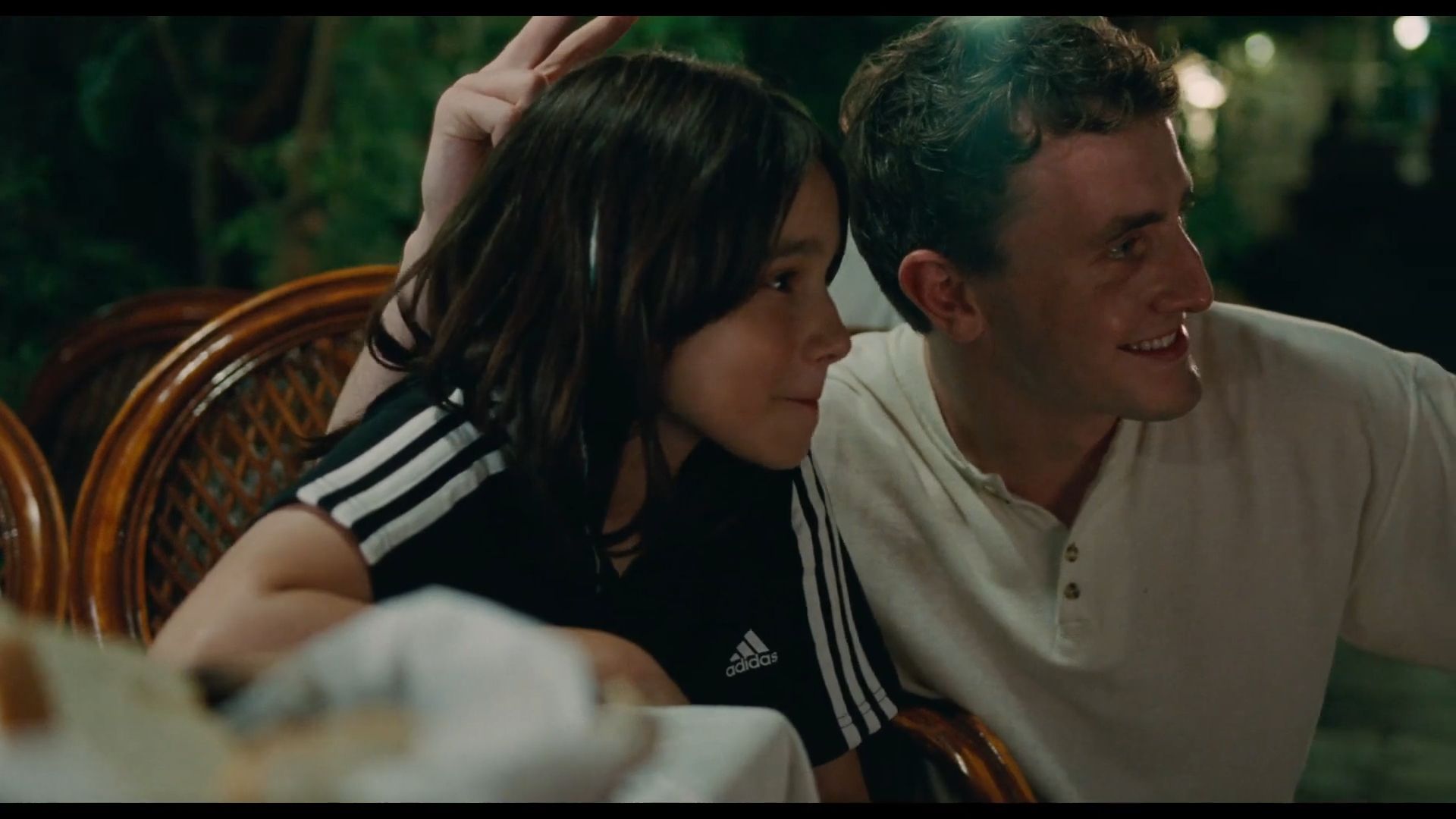By Chris Leonard, Third Year, English
In this post-pandemic era, the cinematic discourse surrounding memory has become far more relevant. Recent films such as Wes Anderson’s The French Dispatch (2021), Ryusuke Hamaguchi’s Drive My Car (2021), and Chloe Zhao’s Nomadland (2020) all address how we respond to and explore memory through media, structure, and themes of love.
Following this trend, Aftersun (2022) is about a father and daughter going on holiday in Turkey in the late 1990s. It explores how we return as adults to childhood memories of family holidays, a return to a time of ignorant bliss about the adult world and the true struggles parents face.

This film seems to be, as both writer and director, Charlotte Well’s intensely personal way of presenting the past as quite accessible but seemingly just out of reach. Through this film, she compares the process of remembering to a photo developing from a polaroid or film in a red room. Film and memory become so entwined that they almost become one.
In an interview with the Lincoln Film Centre, Wells describes her film as ‘personal fiction.’ Aftersun has a profound ghostly authenticity which sucks the viewer in, making them feel like a welcome intruder in a deeply personal relationship.

Calum (Paul Mescal), a single dad, is divided throughout the film, from enjoying joyous moments with his eleven-year-old daughter, Sophie (Frankie Corio), to dealing with memories of his abusive parents, his current financial issues, and healing his broken arm. What comes through most is how good a dad he is, listening and responding to his daughter’s needs, opinions, complaints, and observations whilst being able to emotionally communicate.
So much of this film is spent lounging around with Calum and Sophie, enjoying every last drop of the sun. The theme of memory is returned to again as the film is told in parts on handheld cameras, using this turn-of-the-century idiosyncratic medium to convey how perspectives matter when looking back on the past.

Aftersun is a retrospective film using the medium of film to comment on both the paradoxical ephemerality and eternal nature of modern recording technology. Memories, like photos or film, develop gradually until they feel so real, it is impossible to not look away.
This film is a nostalgic time machine, transporting us through space and time to a place where we ache to be and where we know we are loved. The final shot of the film involving Paul Mescal is the best stylistic ending film cinema has encountered in years.
It is safe to say this is one of my favourite films of the year. Wells has achieved being able to write the fictional self in a new and interesting way, making the process of remembering an extremely tender and enjoyable experience.
Featured Image: MUBI
What did you think of Aftersun?








